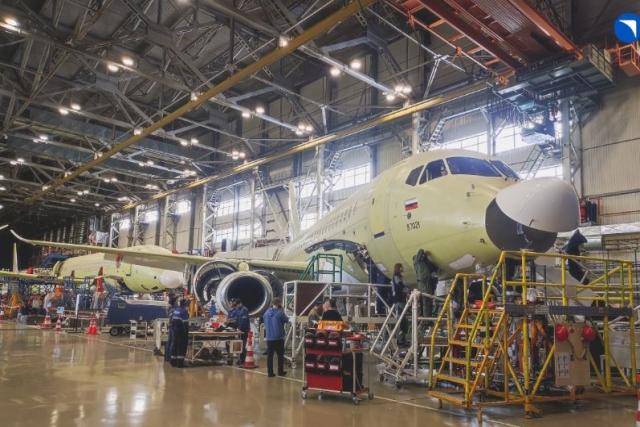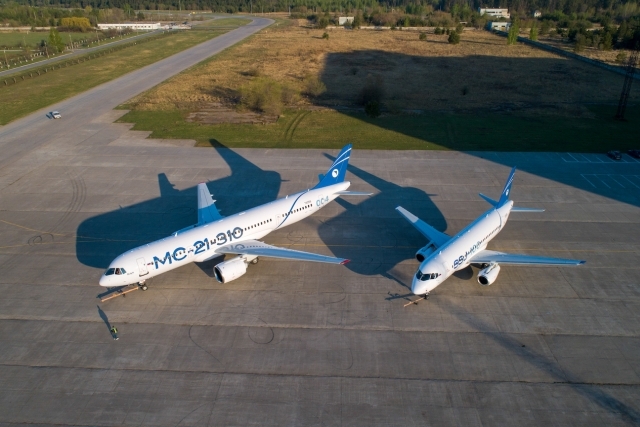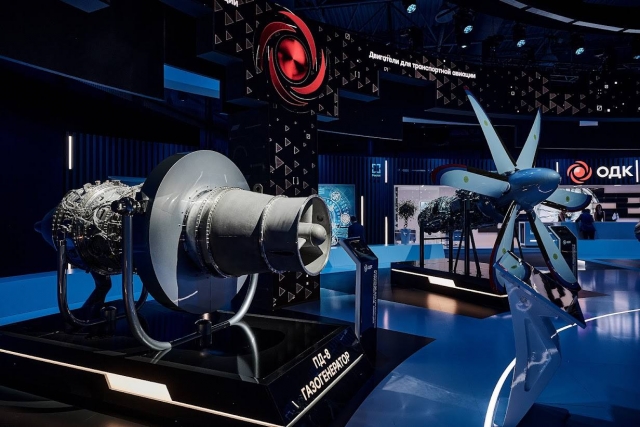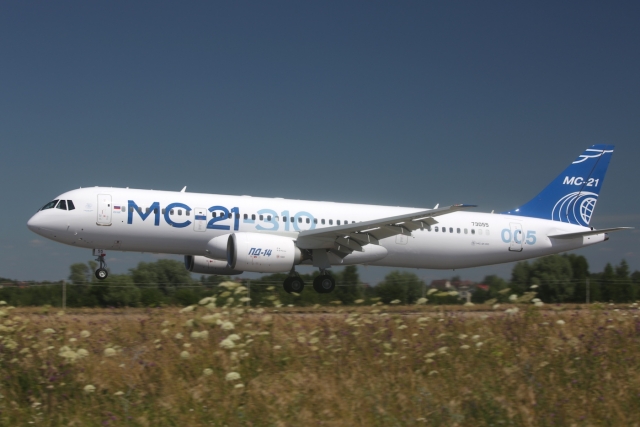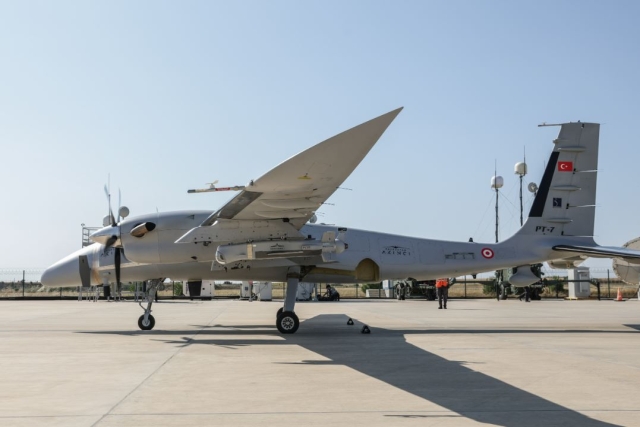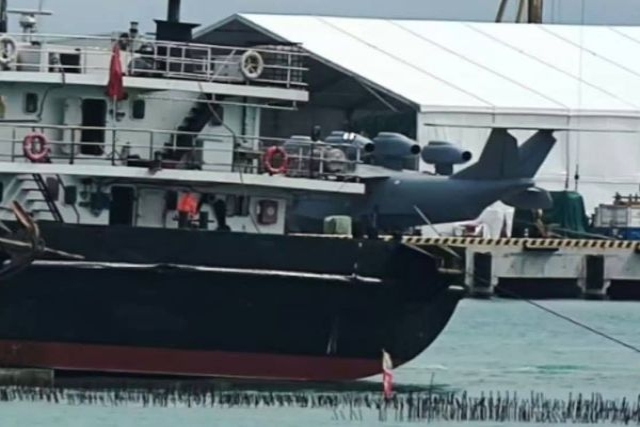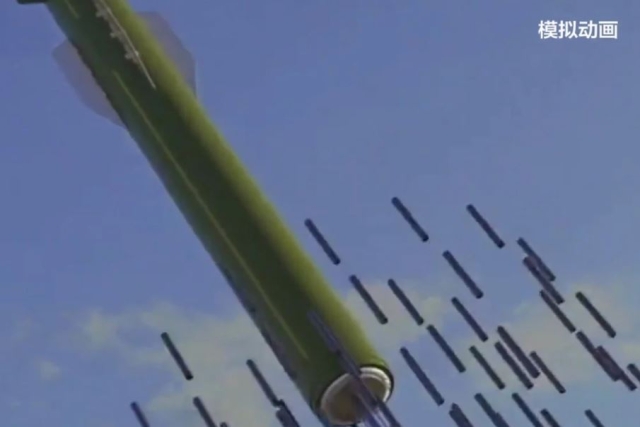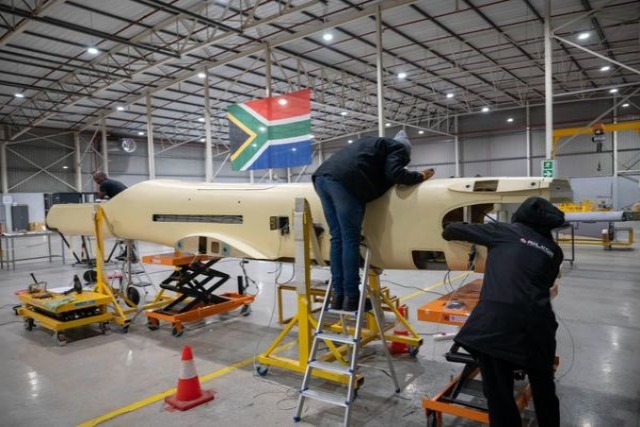Russia Proposes to Transfer Western-component Based SSJ-100 Jetliner to India's HAL
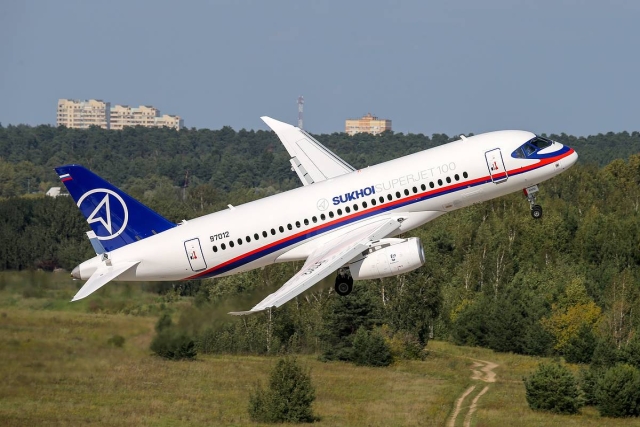
Even as Russia is replacing foreign components in its Sukhoi Superjet 100 (SSJ-100) regional jetliner, it had sent a proposal to India’s Hindustan Aeronautics Limited (HAL) to transfer older Western component-based aircraft to India.
This information was revealed by a source from United Aircraft Corporation (UAC) to Defense Mirror at the ongoing ARMY-2023 Forum.
UAC President Yuri Slyusar confirmed that talks had been initiated with HAL on the SSJ-100 project during the course of a press conference on August 15.
Western content accounts for 55–60% of the original SSJ100's cost but sanctions against Russia are tightening.
Russia has over 150 SSJ-100s being operated by its regional airlines with a good flying record. If transferred to India, the latter will have no difficulty in obtaining Western components originally designed for the SSJ-100. These include the engine, landing gear, APU and avionics among others.
The 46–49t MTOW plane typically seats 87 to 98 passengers and is powered by two 77–79 kN (17,000–18,000 lbf) PowerJet SaM146 turbofans developed by a joint venture between French Safran and Russian NPO Saturn. Key suppliers were selected in October 2003, including Thales for avionics, Messier-Bugatti-Dowty for landing gear, Honeywell for the auxiliary power unit, Liebherr for flight controls, Intertechnique for fuel systems, Parker Hannifin for hydraulic systems, B/E Aerospace for interiors.
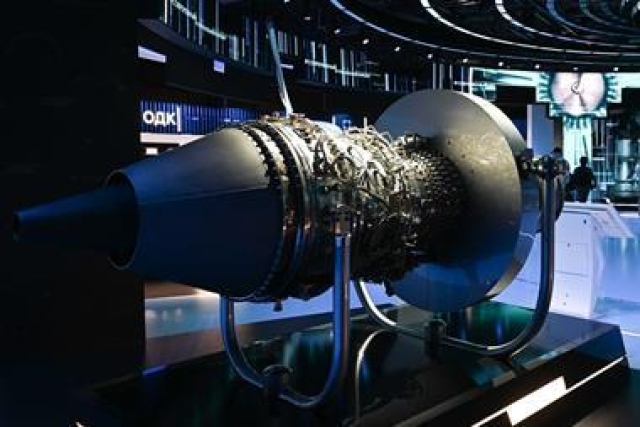
By May 2018, 127 were in service and by September the fleet had logged 300,000 revenue flights and 460,000 hours. By November 2021 the fleet had logged at least 2,000,000 hours.
Sukhoi later announced plans to build a Russified version of the body and electronic, without most of the Western components. The aircraft’s engine will also be replaced, using Aviadvigatel PD-8. Aeroflot has ordered 89 Irkut SSJ-Russified aircraft.
The 'Russified' variant of the SSJ with the composite wing, indigenous avionics and the PD-8 engine later became known as the “SSJ-New.” Serial production of this aircraft is expected to begin in 2024.
Meanwhile, India has a growing demand for airplanes. According to aviation consultancy CAPA India and government data, the number of domestic air passengers in India is expected to surge to 350 million by 2030.
Currently, there are around 700 commercial aircraft in the country, with a majority of them being narrow-body or single-aisle planes. Among others, around 470 aircraft of Airbus and about 159 Boeing planes are in commercial service in India.
